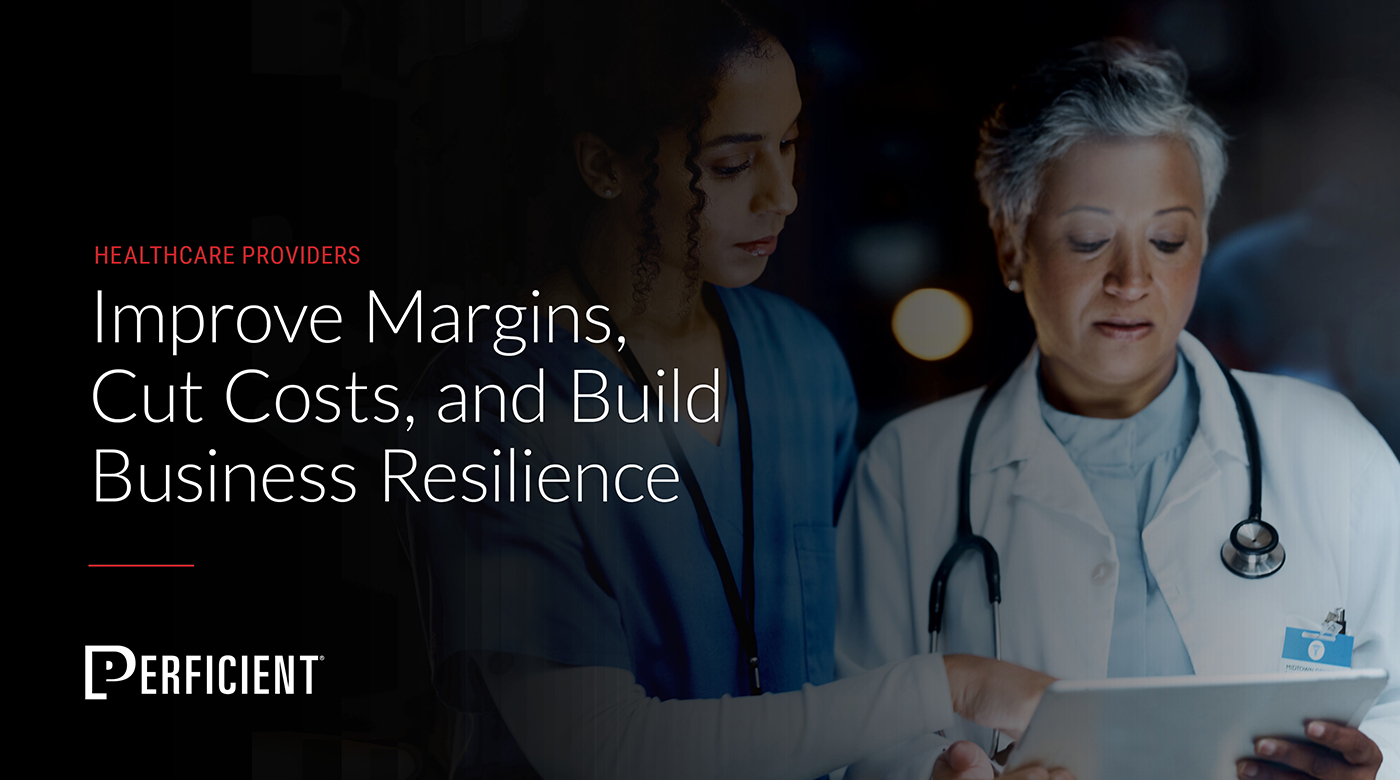Social Determinants of Health (SDOH) and health equity have gained considerable attention in the healthcare community over recent years.
It’s easy to recognize that the health of a person is more than their diagnoses, lab results, and broken bones. Health encompasses life outside of the doctor’s office, too.
In fact, significant research efforts, funding, and payer and government initiatives have worked to learn how SDOH and health inequities shape individual and community health. With all that momentum though, we continue to struggle with a key opportunity: How to identify and address equity issues in our healthcare system.
CMS Sets a New Pace For Health Equity in Accountable Care Organizations (ACO)
CMS recently transformed its Direct Contracting Model into the new ACO REACH model – Realizing Equity, Access, and Community Health – which aims to improve health equity for Medicare beneficiaries by:
- Structuring to better service beneficiaries in underserved communities,
- Adjusting ACO benchmarking to increase participation and inclusion of beneficiaries who are less represented in the traditional ACO model, and
- Collecting data on race, ethnicity, sexual orientation, and socioeconomic status.
This is the first formal model created around health equity – a huge step forward for the healthcare system – and may prove to be our best hope for developing meaningful strategies and programs that impact and reduce health inequity issues in our communities.
Digging Into ACO REACH
ACO REACH model applicants must submit a Health Equity Plan (HEP) at the start of each performance year detailing:
- Disparities in their ACO population
- A plan to address health equity concerns (e.g., goals, strategies, measurement processes, and their implementation plan to positively impact and reduce those disparities)
ACOs will also be required to provide evidence of their progress for their previously submitted HEPs (e.g., data and outcomes, updates to a previous strategy) throughout the life of their contract period.
Potential Shared Savings, But…
CMS will include the collection and submission of the gathered demographic health equity data into their quality reporting and evaluation of ACO performance, which could impact potential shared savings via the quality moderator. An ACOs overall quality score moderates their shared savings percentage, with lower quality scores resulting in lower shared savings percentages. If the ACO does not collect their health equity data and report it to CMS, their quality score will be lower, resulting in lower shared savings.
Unfortunately, CMS does not provide any additional insight or assistance for ACOs wishing to apply to the ACO REACH model. This information gap also impacts entities that currently participate in the sunsetting Direct Contracting Model and must now agree to meet all new standards of the ACO REACH model to participate.
Providers and ACOs must be given guidance, structure, and tools to adequately combat health inequities.
Take for instance, completing the HEP…
Currently, organizations are provided with a template to assist in their completion of the HEP. CMS has also compiled literature, public use data files, mapping tools, equity plans, and impact statement resources to help identify regions and populations with greater health equity and SDOH needs.
But I believe organizations need more.
I see an opportunity to build out this template with additional resources like:
- Frameworks
- Program suggestions
- Potential health equity constructs to target
- Insights on how to measure, collect, analyze, and report on the programs created by each ACO
Forging a Path In Health Equity
Having resources to identify health equity and SDOH needs are extremely useful but developing and implementing a strategy to combat these needs is not so straightforward.
Instead, it’s complex and nebulous, and it requires insight from experts. Healthcare practitioners – who often aren’t equipped with the tools necessary to address these concerns – are expected to become experts and impact SDOH and health equity concerns without adequate support.
ACOs must expand upon their current recipe for success under the Medicare Shared Savings Program models. Their strategy should progress from data collection via physician’s offices into a transformative digital healthcare model: patient engagement, integration of multiple data sources and connected devices, virtual health, data design and analysis, and personalization of care management.
This digital healthcare model will enable the identification, development of a strategic program to combat, and measurement of said program success on overcoming health equity and SDOH problems throughout an organization.
Without this progression, the ACO REACH program will not provide the much-needed successful integration of health equity and SDOH into the standard care of patients provided today.
What do you think?
In my next blog, I will explore tools and resources ACOs can utilize to help identify health equity and SDOH problems within their community. Additionally, I’ll discuss how to use those tools to develop strategic programs, and how to best measure and analyze data to determine program efficacy.
EXPLORE MORE: Diversity, Equity & Inclusion (DE&I) in Healthcare
Equity Across the Full Healthcare Journey
As a digital innovator, Perficient plans and executes strategies that drive end-to-end, intentional, and equitable health consumer experiences, in an environment where empowered consumers call the shots and increasingly make choices based on experience. Contact us today to discuss your vision and goals.
Resources:
Centers for Medicare & Medicaid Services (CMS; 2021a). Paving the Way to Equity: A Progress Report (2015-2021), 1-34.
Centers for Medicare & Medicaid Services (CMS), HHS. (2021b). Disparities Impact Statement. 1-7.
Centers for Medicare & Medicaid Services (CMS), Centers for Medicare & Medicaid Innovation (2022). ACO Realizing Equity, Access, and Community Health (REACH) Model (Request for Applications), 1-116.

